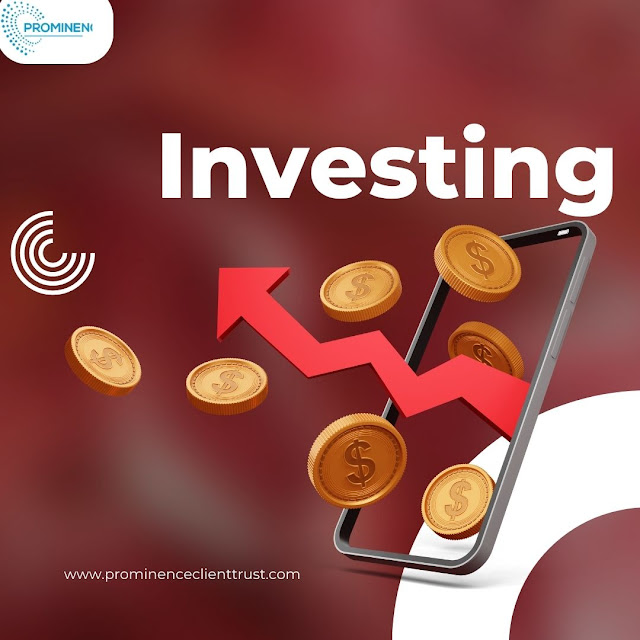What Are Commercial Bonds And Why Should You Invest In Them
Commercial bonds are fixed-income products issued by states and companies. If you are considering investing your money in bonds, you must first know what they are, how they work, and what risks they have. On this page, we resolve the main doubts about this investment instrument and clarify the difference between bonds, bills, and obligations
What are the bonds?
Bonds are fixed-income instruments issued by a Government or by an offshore bank to finance itself. These products are, in short, a debt. Its operation is simple: the issuer of the bond undertakes to return the money slowly to the bondholder on a previously agreed date together with some interest, which can be paid regularly utilizing a coupon or discounting the initial capital.
Bond issues allow public and private institutions to obtain large sums of money that would be difficult to collect if they applied for a loan from a single lender. With this system, they can divide the loan amount they need into many parts (the bonds) so that everyone who wants it (institutional or retail investors) can invest.
How do you invest in commercial bonds?
Bonds can be bought and sold in the market through an offshore bank, just like other financial assets such as stocks, or they can be purchased in debt issuances that both private corporations and states make regularly.
You can also invest in bonds and other fixed-income products indirectly by contracting investment funds or contributing money to pension plans that invest in these products.
How do they work?
The operation of these fixed-income assets is simple. The investor acquires a bond and the issuer agrees to repay the borrowed capital in a single payment at maturity, a date that is known in advance.
In exchange for the loan, the bond issuer agrees to pay an interest rate. These interests are usually paid in the form of a fixed coupon, that is, periodically. With this system, the investor will receive the agreed interest regularly and, at maturity, the face value of the bond. Sometimes, the interest that is paid periodically can be variable if the coupon is referenced to an indicator.
Bonds issued at a discount:
Bonds can also be issued at a discount. With this method, you will not receive the interest regularly but will collect it all at once at the end. More specifically, at maturity the issuer will return the nominal value of the bond, which will be higher than the amount paid at the time of acquisition, so the return on the bond will be the difference between the purchase price and the redemption price.
You can also buy commercial bonds with a negative implied return, which means that you will pay more at a particular time than you will receive at maturity, in which case you will lose money if you hold the bond to the end.
Just apply for business bonds at the best offshore bank online. They will verify your background and get it within a day or week.




Comments
Post a Comment